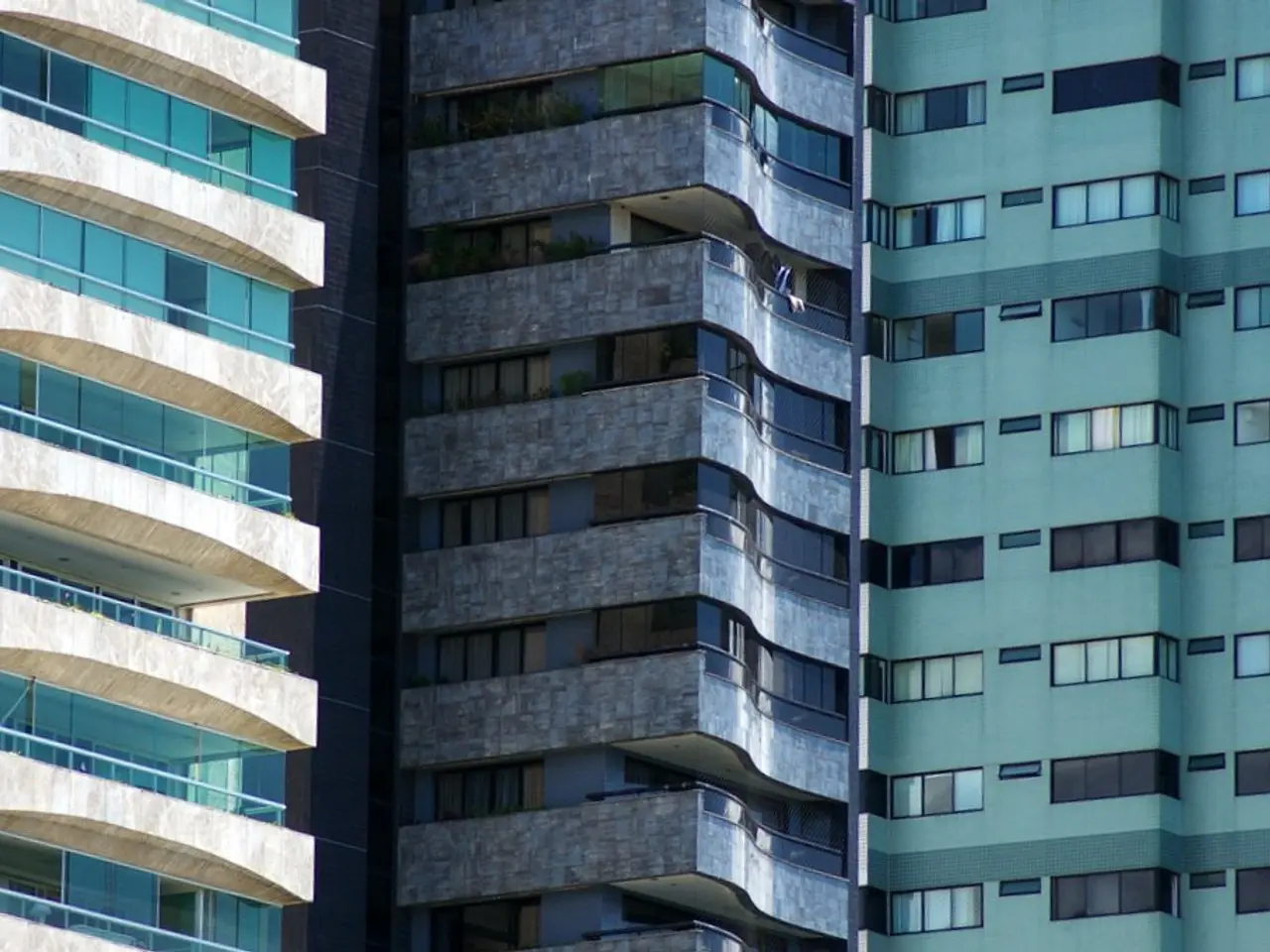A Steady Climb in Housing: Germany's Residential Construction on the Rise
Increase in residential construction - ongoing upward trend persists - Continued increase in residential construction projects
The residential construction sector in Germany has seen a consistent upswing recently: In April alone, authorities greenlit the construction and renovation of an impressive 18,500 apartments, marking a 4.9% increase compared to a year ago. 15,000 of these apartments will be constructed in new buildings - a 5.1% growth compared to April 2024 [1][2][4][5]. These numbers suggest a positive annual balance as well: From January to April 2025, authorities issued a whopping 73,900 residential building permits - a 3.7% increase from the same period last year [1].
However, the experts warn that this progress still falls short of addressing the persistent housing shortage, particularly in metropolitan areas where demand remains sky-high. Despite this uptick, we're still facing a supply deficit [1].
To spur on housing construction, the federal cabinet is planning to introduce a law this Wednesday: The "Building Turbo" legislation will offer municipalities the chance to streamline approval processes by bucking the trend in development plans [1].
Metropolitan areas are aching for affordable housing. More new apartments have become a top priority for the new federal government. Previously, the SPD-led government had pledged 400,000 new apartments every year in Germany, but failed to reach this target [1].
Last year, the number of permits dropped by almost 17% to the lowest level since 2010. Authorities only granted 215,900 new units [1].
The housing construction sector in Germany is grappling with issues like high construction costs and a scarcity of skilled workers. This legislative move aims to accelerate housing construction and meet the public's increasing demand for residential spaces in metropolitan regions.
- Uptick in residential construction
- Building permits
- Germany
- Housing shortage
- Metropolitan areas
- Federal government
- Building Turbo" law
[1] Federal Statistical Office data[2] Economist Cyrus de la Rubia, Hamburg Commercial Bank[3] Target number of new apartments per year set in 2023 by the previous federal government ( SPD-led )[4] Open data platform[5] Various regional construction associations and reports
- Investing in vocational training for the construction sector could help address the scarcity of skilled workers, thereby contributing to the steady climb in Germany's residential construction and bridging the housing shortage, particularly in metropolitan areas.
- Finance and real-estate experts posit that the "Building Turbo" law, aimed at streamlining approval processes, could potentially lead to increased vocational training opportunities in the housing market, benefitting both the construction industry and the community policy.





